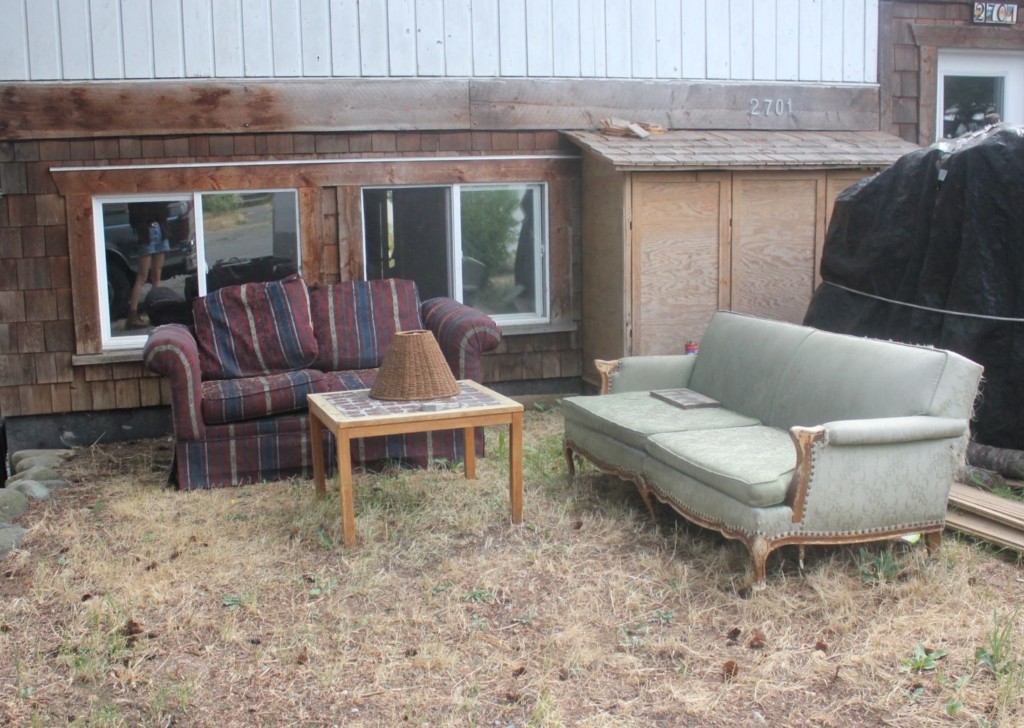
Health comes first regardless of what some institutions may encourage
By EG Manilag, Staff Writer
Globally, the coronavirus is still a pressing issue and vaccine formulation is still in progress. During this unprecedented situation, people are encouraged to stay in the safety of their homes. Schools have been shutdown as well and have been transferred to an unchartered dimension: the internet. This means that school and some flexible jobs will ultimately be done from home. But is this a good thing for students? And having this situation in mind, should students concentrate more on building wellness or continuing education?
According to CBC News, mental health issues and other concerns have increased due to coronavirus. In an online survey from the Angus Reid Institute, 44 percent of Canadians describe their mental health with the term worried. Others say they are anxious (41 percent),and some say they are grateful (34 percent). The rest describe their emotional state with bored, optimistic, depressed, normal, untroubled, numb, and pessimistic. Most of this has to do with self-isolation and social distancing. For students, studying at home is likely to be a struggle rather than smooth sailing. A commentator in the New York Times’ student opinion blog stated, “although we do have online school now, it is not the same. Working from home is worse as I don’t care to admit, my work habits from home are not the best. I am easily able to procrastinate at home and having class in bed is not the best idea. Plus, I can no longer get the one on one help teachers provide if needed.” The same is true for workers. Geeta Malhotra, a techie based in Bengaluru, believes that this situation has not only made her home a stressful place, it has also made her restless: “I am eating whenever I want. Sometimes two meals a day, sometimes four times a day. The little walking I used to do has also stopped. I have put on four kgs of weight since the lockdown and I am having trouble sleeping at night so much that I have been sleeping for less than four hours,” she said.
Another thing to keep in mind is the notion that a weakened immune system allows for easy infection. We know that students are one of the most vulnerable groups in terms of experiencing high levels of stress. There is no doubt that stress increases the chances of being sick—emotionally, mentally, or physically.
Nevertheless, there is still this idea that education requires total attention from its students, with or without the pandemic. This is especially true for students who are graduating or preparing to take board and licensure exams—studying is still key. Although exams and other academic endeavours are important, we should consider the present scenario. This semester should not see a prioritization of grades—the focus should be on the wellness of students.
Although
maintaining a healthy lifestyle is our individual responsibility, there are
people, places, and rules that make our health better or worse. Everyone faces
a different situation in life—some have it worse and some have it better.
In this unprecedented
situation, I think it’s best to be utilitarian and think about the greatest
good for the greatest number. In the Philippines, a “mass promotion” policy
has been implemented for students amid the pandemic, and according to the
country’s higher education agency—Commission on Higher Education (CHED)—it’s up
to the universities and colleges to decide whether to pass all students or not.
Some parts of the global south are active in their adaptation. Having said
that, if poorer countries have made utilitarian acts to lessen the impact of
coronavirus, then maybe countries in the global north can do more with these
ideas. Ideas like reducing the list of requirements in the course syllabus and
being flexible in grading and making schedules. As long as this pandemic is
around, I will always argue that it is generally reasonable to have bad marks. I
can’t stress this enough: it’s better to have good health and bad marks than
bad health and good marks.


